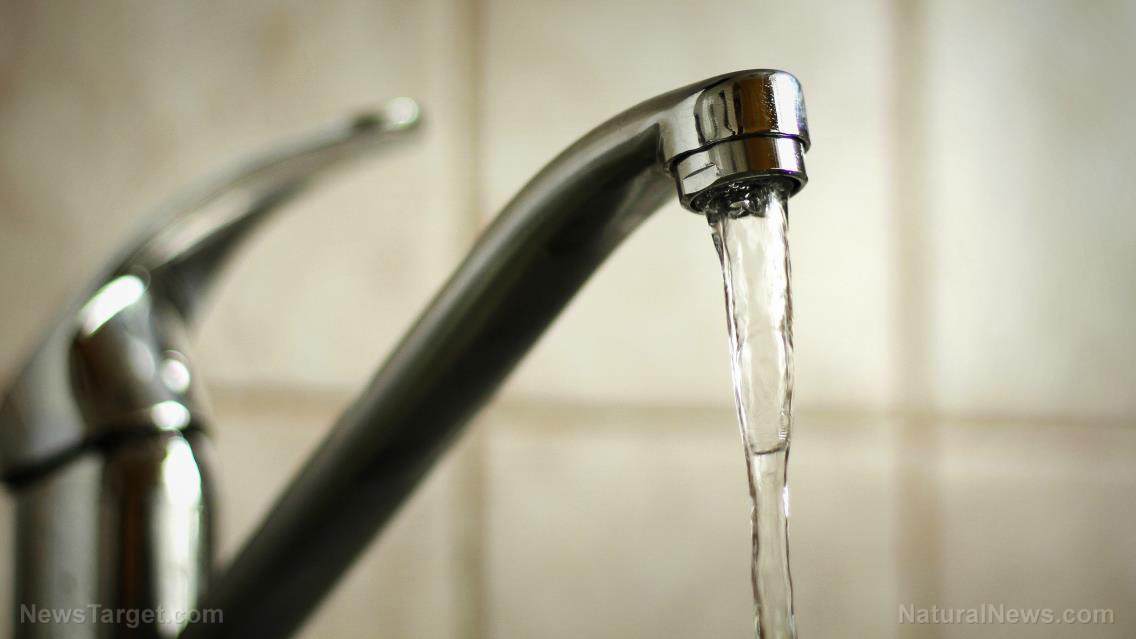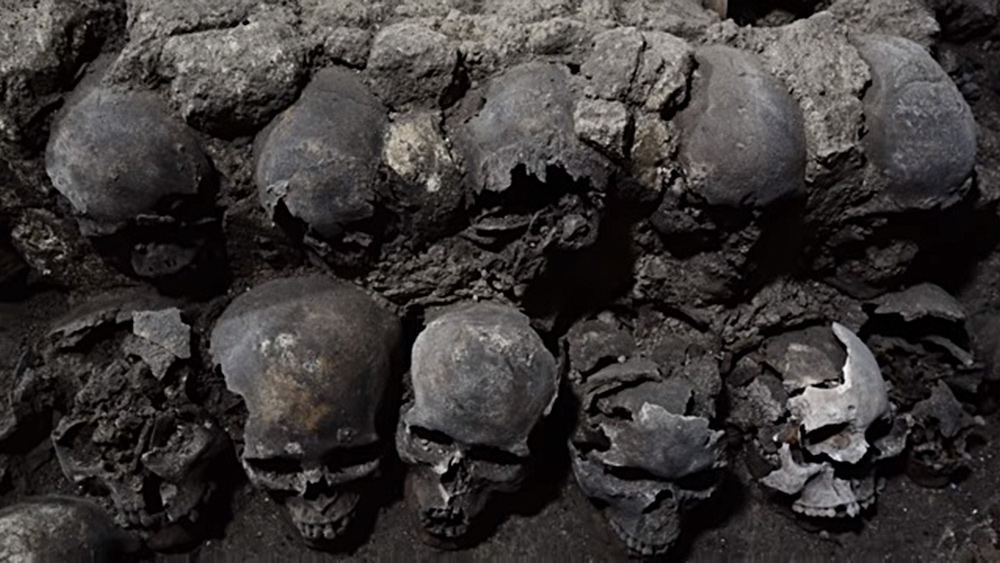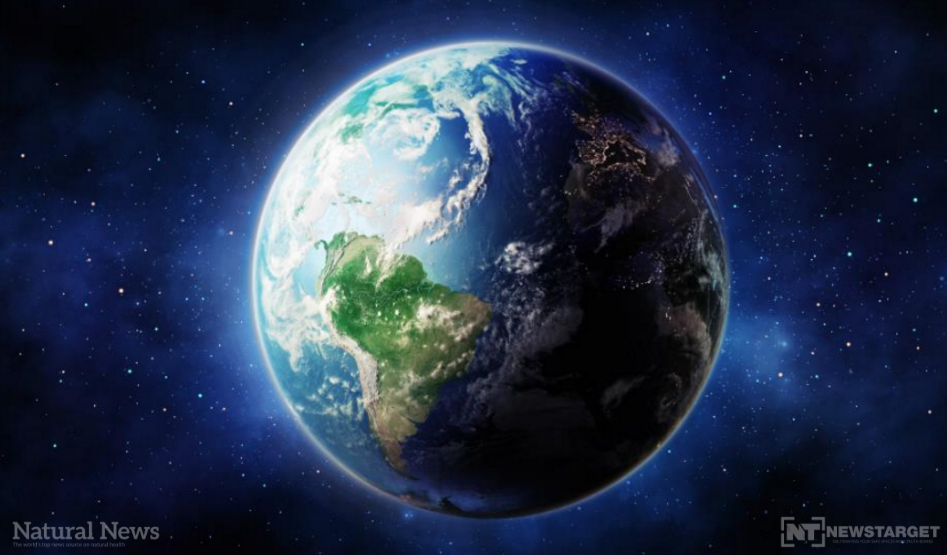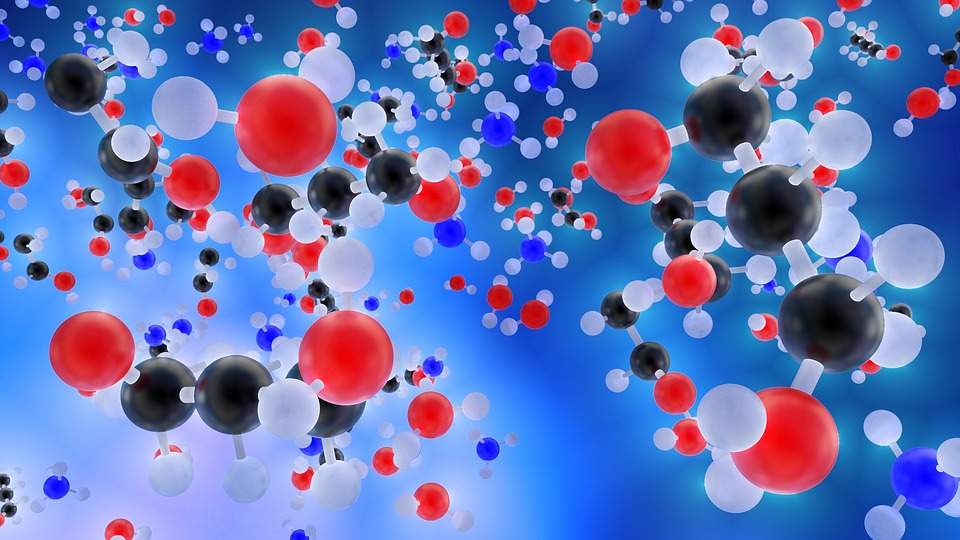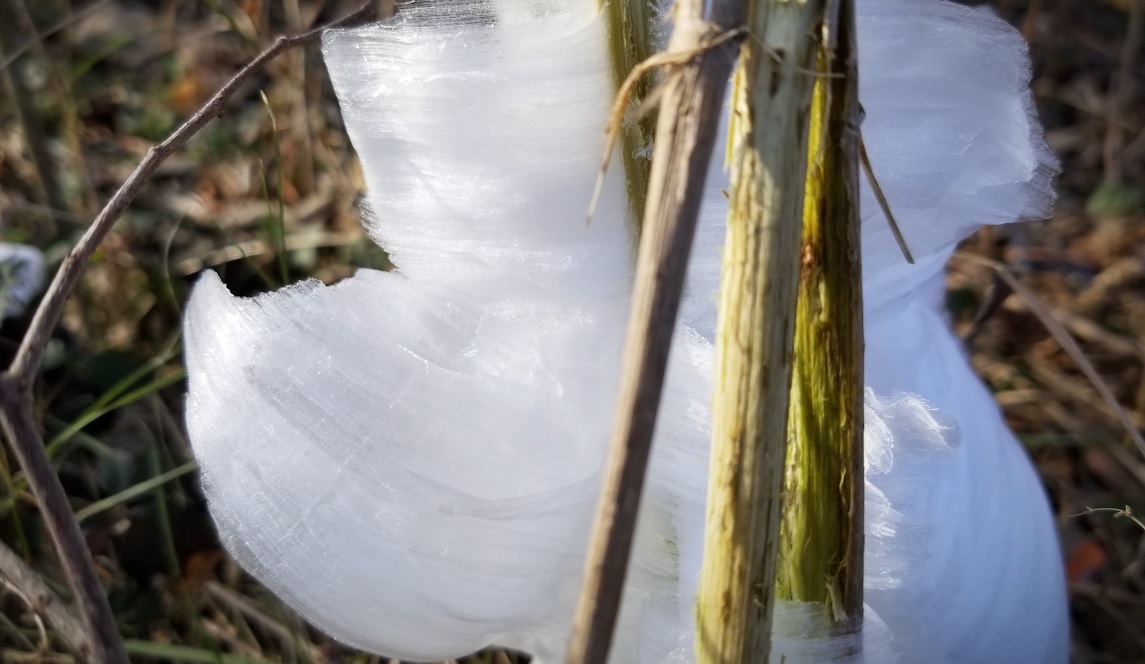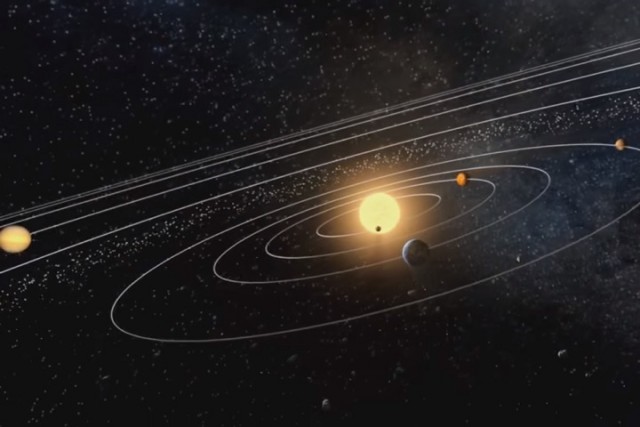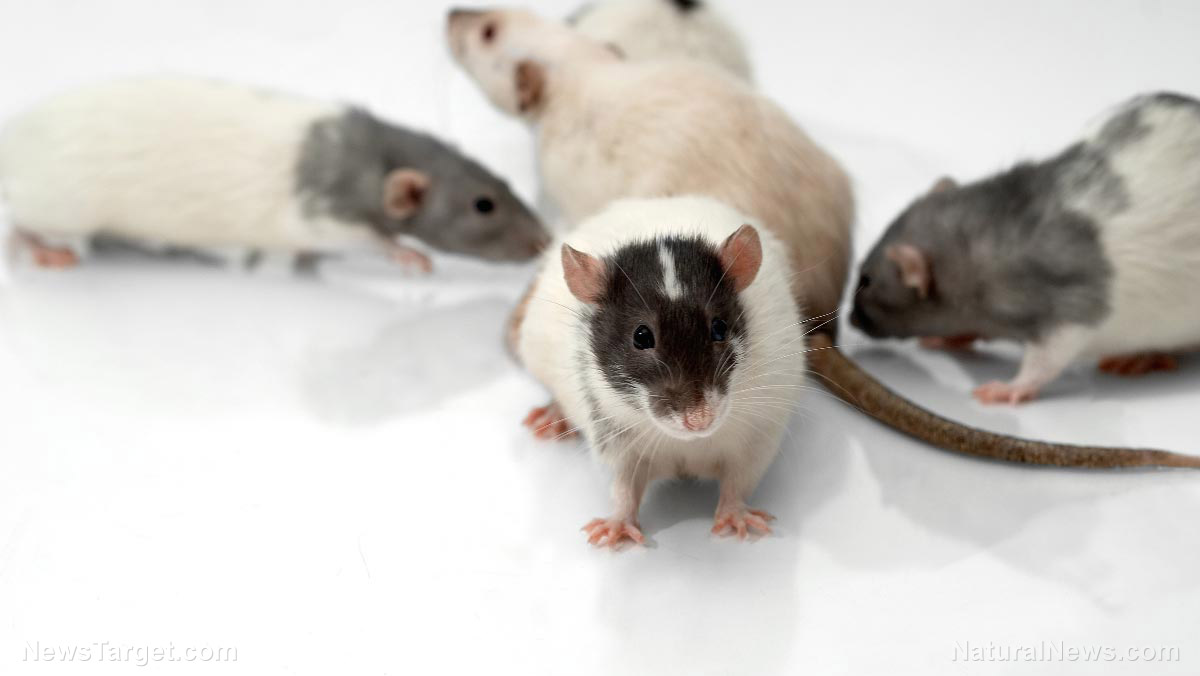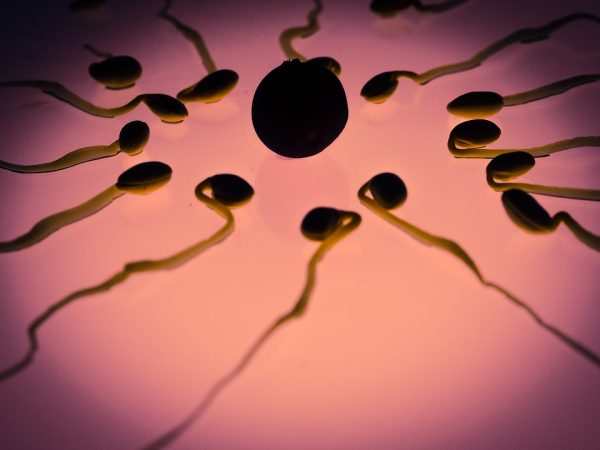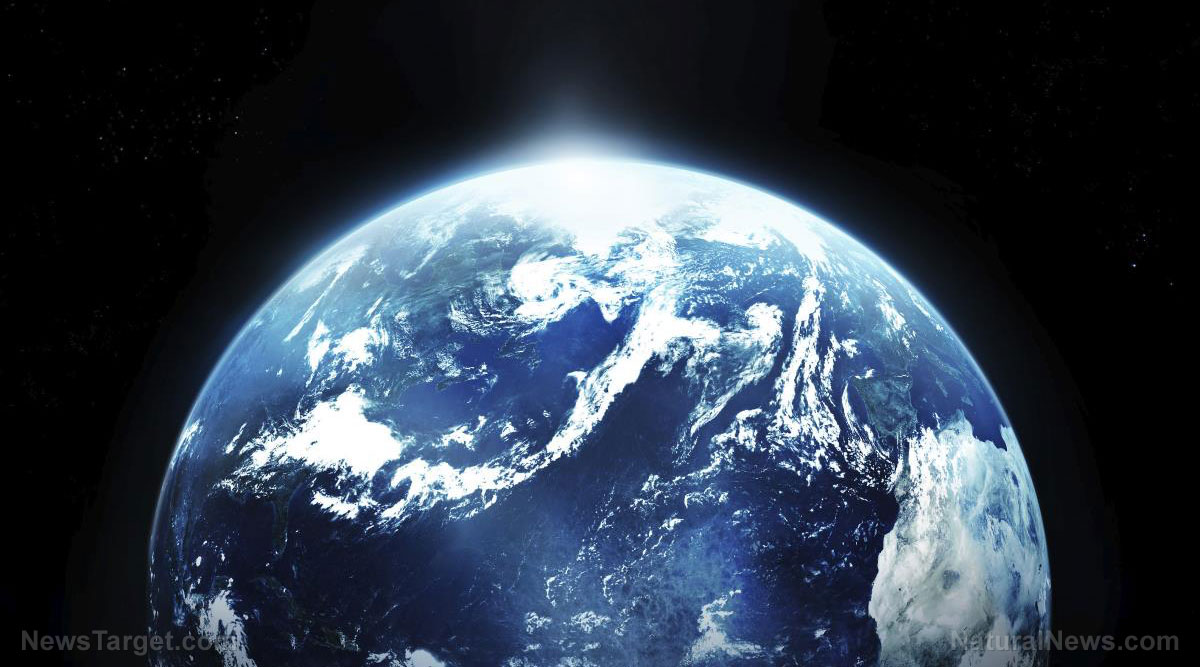06/08/2017 / By Earl Garcia
A significantly low number of Americans were aware of how the country’s water treatment systems work, a recent study showed. To carry out the study, a team of researchers at the Indiana University, Bloomington enrolled nearly 600 university students who were instructed to draw a diagram showing how clean water gets to their homes and how waste water is being flushed or drained away.
The study revealed that many of the participants used the word “magic” to describe the water treatment process. The research team also found that 29 percent of the students failed to draw a water treatment plant, while 64 percent didn’t draw a wastewater treatment plant. The study also showed that a measly seven percent of participants were able to draw a nearly accurate description of the whole process.
“Our results show that most university students are unable to produce a complete or accurate depiction of the built water system. Environmental students are more likely than others to include a higher number of the seven major categories of the drinking water system in their drawings…In general, students who have higher perceptions of risk related to infrastructure and those that have noticed more visual cues related to the drinking water system have more complete knowledge about the water system… Non-environmental participants had a significantly lower perception of risk than environmental participants. Non-environmental participants had the highest perception of risk for water quality, followed by water quantity, and lastly for water infrastructure. Our results also highlight many significant misperceptions…This finding may shed light on why the public is seemingly uninterested in water infrastructure issues,” the researchers wrote in Judgment and Decision Making.
“Climate change will increase the competition for water and the risks to the supply. Water infrastructure is increasingly fragile. It’s going to take political will and public support to respond to new and old risks, and we may not support the adaptation strategies we need if we take our water systems for granted. Whether it’s in schools or through other means, public environmental education must address these gaps,” Dr Shahzeen Attari, a professor at Indiana University’s School of Public and Environmental Affairs, said in DailyMail.co.uk.
This is how the water treatment process actually works
The water treatment process goes through a number of various stages. Water is first extracted from environmental sources including reservoirs, lakes, rivers, or underground aquifers. The extracted water then goes to treatment facilities where it undergoes certain processes. (Related: This is what happens when water extraction goes too far)
- When taken into the treatment facility, the water first undergoes a cleaning process called flocculation. This process involves the use of coagulants to remove traces of sediments and minute particles from the water.
- The collected particles are then eliminated through clarification. Clarification can be done in two ways. One way is to sink the unwanted particles to the bottom of the tank. Another way is to pump air into the water to make them float. The contaminants are then filtered through carbon, sand, and gravel. Chlorine and ozone are also used to rid the water of smaller microorganisms that are otherwise challenging to filter.
- The water is then distributed to households across the country.
- Once water is used, it is considered waste water. Waste water is either flushed or drained away.
- Flushed or drained water then travels to waste water facilities through pipes. Sludge and other objects are removed from the waste water through multiple catchment screenings and filtration.
- As disease-causing organisms may remain after the filtration process, chlorine and other chemicals are then used to disinfect the treated water.
- Once disinfected, the water is then returned to its source in the environment. The process starts again.
Sources include:
DailyMail.co.uk
Journal.SJDM.org
We will respect your inbox and privacy

